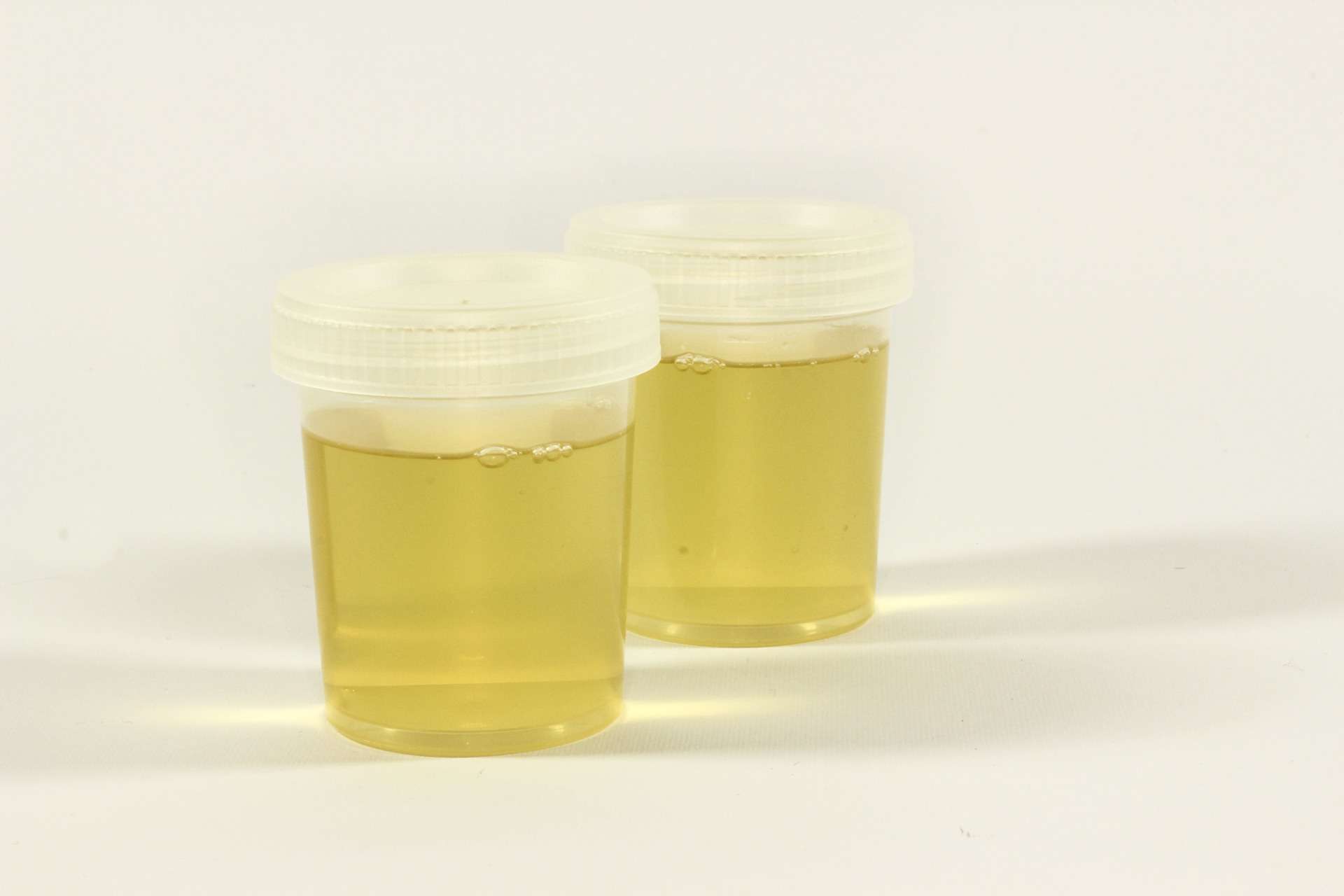Contents:
- Medical Video: Proteinuria: what is it, and what causes it?
- What is proteinuria?
- How to test proteinuria?
- What are the symptoms of kidney disease?
- Does proteinuria indicate that I have kidney disease?
- How often do I have to test for proteinuria?
- If I have proteinuria, will I need treatment?
Medical Video: Proteinuria: what is it, and what causes it?
What is proteinuria?
Proteinuria means you have protein in your urine. Proteinuria - also called albuminuria or urine albumin - is a condition in which urine contains abnormal amounts of protein. Albumin is the main protein in the blood. Protein is building block in all parts of the body, including muscles, bones, hair and nails. Protein in the blood also has a number of important functions. They protect the body from infection, help blood clots, and maintain the right amount of fluid to circulate throughout the body.
When blood passes through a healthy kidney, the kidneys filter waste products and leave things needed by the body, such as albumin and other proteins. Most proteins are too large to pass through the kidney filter into the urine. However, proteins from blood can leak into the urine when a filter from the kidney, called the glomeruli, is damaged.
Proteinuria is a sign of chronic kidney disease, which can lead to diabetes, high blood pressure, and diseases that cause inflammation in the kidneys. For this reason, testing albumin in urine is part of routine medical assessment for everyone. If CKD progresses, it can cause end-stage kidney disease (ESRD), when the kidneys fail completely. A person with ESRD must receive a kidney transplant or a routine blood cleansing treatment called dialysis.
How to test proteinuria?
To date, accurate protein measurements require 24-hour urine collection. In 24-hour collection, the patient will urinate into a container, which is then cooled. Patients are instructed to start collecting urine when urinating first in the morning. Every drop of urine for the rest of the day must be collected in a container. The next morning, the patient added the first urine after waking up and the urine collection process was complete.
In recent years, researchers have found that a single urine sample can provide the information needed. In the latest technique, the amount of albumin in a urine sample is compared with the amount of creatinine, a waste product from normal muscle damage. This measurement is called urine albumin-creatinine ratio (UACR). A urine sample containing more than 30 milligrams of albumin for every gram of creatinine (30 mg / g) is a warning that there might be a problem. If the laboratory test exceeds 30 mg / g, another UACR test must be done 1 to 2 weeks later. If the second test also shows a high level of protein, then the person has persistent proteinuria, a sign of decreased kidney function, and must have additional tests to evaluate kidney function.
What are the symptoms of kidney disease?
Proteinuria does not have signs or symptoms at an early stage. Large amounts of protein in urine can cause your urine to look like foam in the toilet. Because protein has left the body, blood can no longer absorb enough fluid, so swelling in the hands, feet, stomach, or face can occur. This swelling is called edema. These are signs of a large amount of protein loss and indicate that kidney disease has developed. Laboratory testing is the only way to find out if a protein is found in a person's urine before extensive kidney damage occurs.
Does proteinuria indicate that I have kidney disease?
This may be an early sign of kidney disease, but your doctor will examine you further to make sure proteinuria is not caused by something else like not drinking enough water.
If your doctor suspects that you have kidney disease, other tests will be carried out including:
- Check your blood pressure.
- Check kidney function with a simple blood test to estimate your glomerular filtration rate (GFR).
- Kidney ultrasound examination.
How often do I have to test for proteinuria?
Those who are at high risk of kidney disease must have this test as part of a routine examination by a doctor. Those at high risk include:
- diabetics
- people with high blood pressure
- those who have a family history of kidney failure
- elderly people
- certain ethnic groups including Africans, Hispanics, Asians, and Native Americans
If I have proteinuria, will I need treatment?
If confirmed to have proteinuria, the doctor will do tests and other examinations to determine the cause.Your doctor may refer you to a special kidney doctor who will help develop your treatment plan.
Your treatment may include:
- drug
- changes in your diet
- lifestyle changes such as excessive weight loss, exercise and stopping smoking.












